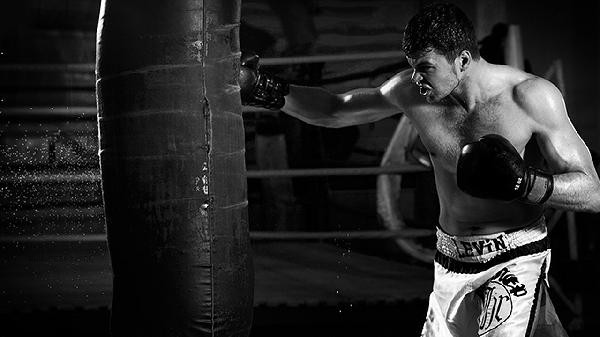The choice of whether to gain muscle or lose fat first for novice fitness depends on body fat percentage and fitness goals. When the body fat percentage is high, it is recommended to reduce fat first, and when the body fat percentage is normal or low, it is recommended to increase muscle first. Muscle building requires calorie surplus and strength training, while weight loss requires calorie deficit and aerobic exercise. Novice fitness enthusiasts with body fat percentage exceeding the healthy range are more suitable to lose weight first. When the male body fat percentage exceeds 20% or the female body fat percentage exceeds 30%, the accumulation of fat in the body may affect muscle lines and athletic performance. By controlling dietary calorie intake and combining it with aerobic exercise, some muscle mass can be retained during the weight loss process. Common weight loss exercises include aerobic activities such as jogging, swimming, and skipping rope, which are performed three to five times a week and last for more than 30 minutes each time. In terms of diet, protein intake should be ensured, and the proportion of carbohydrates and fats should be appropriately reduced. Novice fitness enthusiasts with normal body fat percentage are more suitable for gaining muscle first. When the male body fat percentage is below 15% or the female body fat percentage is below 25%, strength training combined with a high protein diet can promote muscle growth. During the muscle building phase, systematic resistance training is required, with a focus on exercising large muscle groups such as the chest, back, legs, etc., three to four times a week. Diet should ensure daily calorie surplus, and protein intake should reach 1.5 to 2 grams per kilogram of body weight. Common muscle building exercises include compound movements such as squats, bench presses, and hard pulls, using a gradual load increase approach. Whether choosing to gain muscle or lose weight, novice fitness enthusiasts need to pay attention to gradual progress. In the early stages, one should start learning correct posture from basic movements to avoid sports injuries. Control the training frequency at three to five times a week to give the body enough time to recover. In terms of diet, it is important to ensure a balanced nutrition. During the muscle building period, do not excessively pursue calorie surplus, and during the fat loss period, avoid extreme dieting. Regularly record changes in body fat percentage and muscle mass, and adjust training plans based on body feedback. It is recommended that beginners develop personalized plans under the guidance of professional coaches to scientifically achieve fitness goals.










Comments (0)
Leave a Comment
No comments yet
Be the first to share your thoughts!